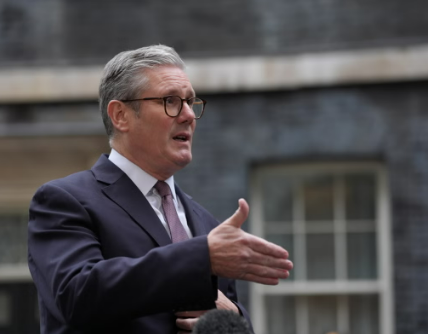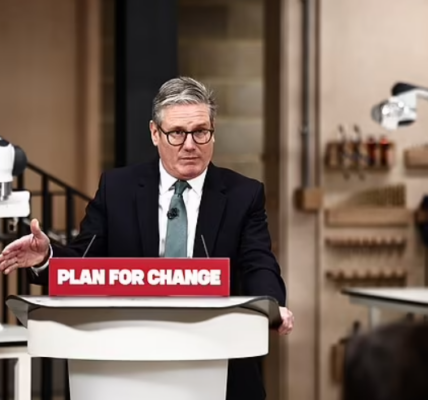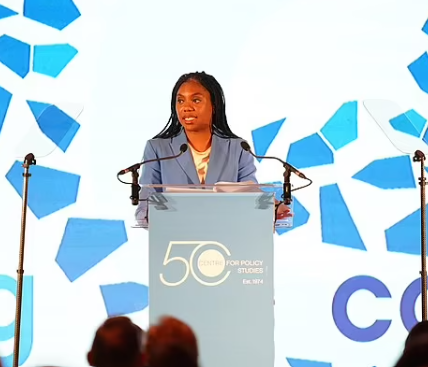Ministers ‘could bail out hospices’ after warnings that Labour’s Budget national insurance raid and minimum wage rise has left end-of-life care homes on the brink of collapse_Nhy
Ministers could be forced to pump money into hospices over fears that Budget increased to national insurance and the minimum wage could force them out of business.
The Government has reportedly been examining ways of using the NHS to get more money into end-of-life care homes over fears that they face a £30million annual hit to their finances.
According to the Guardian three options are being considered, from offsetting the NICs increase to funding staff pay rises or setting up a pot of funding specifically for hospices.
Last week palliative care charity Marie Curie wrote to Health Secretary Wes Streeting, warning that the Budget would raise its costs by almost £3million a year, with a knock-on effect on care.
It comes as MPs prepare to debate and vote on plans to legalise assisted dying.
Labour MP Rachael Maskell, who campaigns against assisted dying, told the paper: ‘The hospice sector is massively under-resourced … but there is so much that palliative medicine can provide.
‘In the assisted dying debate, we are hearing a lot of tragic stories about suboptimal deaths and yet had high-quality provision been made it could have been so much better.’

The Government has reportedly been examining ways of using the NHS to get more money into end-of-life care homes over fears that they face a £30million annual hit to their finances.

Labour MP Rachael Maskell, who campaigns against assisted dying, told the paper: ‘The hospice sector is massively under-resourced … but there is so much that palliative medicine can provide. ‘In the assisted dying debate, we are hearing a lot of tragic stories about suboptimal deaths and yet had high-quality provision been made it could have been so much better.’
In his letter to Ms Streeting, Marie Curie CEO Matthew Reed warned that the NICs raid would lead to more people staying in NHS wards.
‘Increasing our National Insurance bill is simply counter-productive. It risks doing the exact opposite of what the UK Government is trying to achieve. If our services have to close to pay this extra tax, more people will end up in hospital when they don’t need or want to be there,’ he said.
‘Our incredibly generous supporters did not donate their hard-earned money for us to simply hand it back to the Government in the form of a £3million tax bill.’
Thousands of doctors, nurses and other healthcare staff have signed a letter to warn against putting an added burden on the ‘broken’ NHS by legalising assisted dying.
In an open letter to the Prime Minister, organised by the Our Duty Of Care group, more than 3,400 NHS staff have cautioned against the move.
It comes ahead of a parliamentary debate, scheduled for 29 November, on a private members’ bill to legalise the practice.
This could see MPs vote on the issue for the first time since 2015, when the House of Commons previously opposed changing the law.
Labour MP Kim Leadbeater last month formally introduced her Terminally Ill Adults (End of Life) Bill to Parliament ahead of its first full debate.
The full text of her proposed legislation is expected to be published tomorrow and is likely to run to more than 40 pages.
Despite growing doubts about her Bill – with a number of senior ministers saying they will vote against it – Ms Leadbeater said it ‘offers hope to those terminally ill people with a clear, informed and settled wish to have a better death’.
Health Secretary Wes Streeting, Justice Secretary Shabana Mahmood and Business Secretary Jonathan Reynolds are among Cabinet ministers expected to vote against Ms Leadbeater’s Bill later this month, when MPs are given a free vote.
Sir Keir has previously supported assisted dying and made a personal promise to campaigner Dame Esther Rantzen to make time for a debate and vote on the issue.




